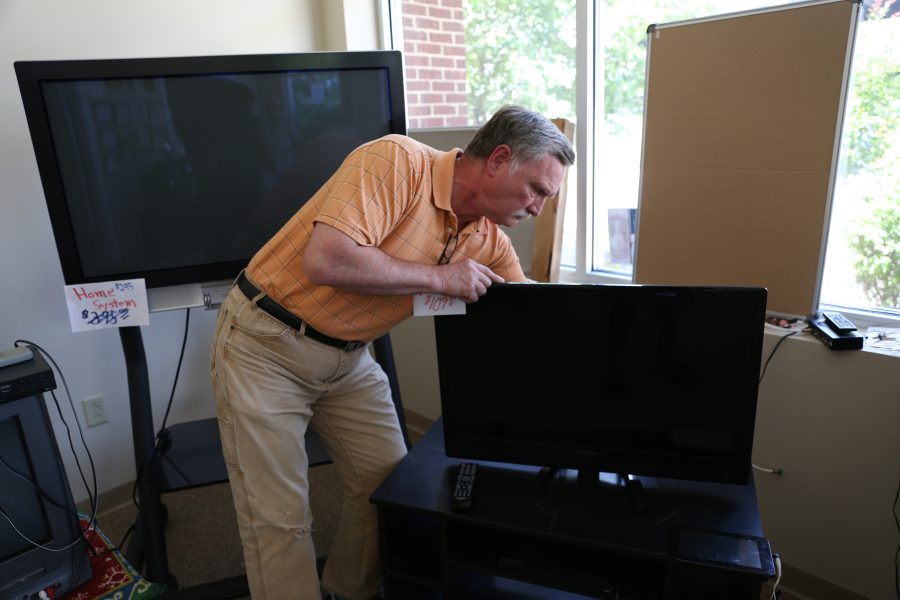By SYDNEY MADRY
Louisville Male High School
The Confucius Institute at WKU is officially closed.
On WKU’s campus for nine years, the institute promoted the understanding of Chinese language and culture, and was aimed at building partnerships between WKU and China.
The WKU Confucius Institute was a partnership called Hanban, the Chinese education ministry.
The decision to shut down the Confucius Institute came from WKU President Timothy Caboni and followed President Trump signing a bill that would have ended funding for WKU’s Chinese Language Flagship program, a separate language program funded by the U.S. Department of Defense, if the institute had continued to operate on the Hill.
WKU sought a waiver to keep both the flagship and the institute open, but it was denied. Keeping the Confucius Institute could have disrupted other Department of Defense funding WKU receives, such as research grants.
Under a deal struck by former WKU President Gary Ransdell, the Chinese government provided $1.8 million for the Model Confucius Institute building on the WKU campus, which opened in 2016. The agreement between WKU and Hanban gave the program the right to occupy the building for 50 years. The contract with Hanban, which was criticized by WKU’s student government and faculty senate, said that the building lease would be for 50 years.
“A contract is a contract… they (WKU) breached the contract, and because of the decision to close it, I feel that, if they decide not to pay… there will be legal, potential ramifications from that,” said Terrill Martin, who was director of the Confucius Institute.
Bob Skipper, director of WKU media relations, said Caboni and his administration are working with Hanban about this issue. “WKU is working with Hanban on the disposition of the Model CI building,” he said. “That discussion is still ongoing and plans for the use of that building will come once that issue is settled.”
Martin said he was shocked when the institute closing was announced. “Considering I have been with the program for the last nine years…, I was taken aback…It happened so fast,” he said. “There was no previous conversation.”
The six graduate students from China who moved to Bowling Green to attend WKU, because of this institute, are troubled by the announcement.
According to Skipper, the students should be able to complete their degree programs. “We have committed to making it possible for students to complete their degrees,” he said.
In addition to the college students, the Confucius Institute was connected with K-12 public schools around the area. The institute assisted teachers from China who were teaching their language and culture in Kentucky schools.
“Without offering these classes next year, the K-12 students will be impacted,” Martin said. “Many students take dual credit Chinese… Now they will have to choose another foreign language.”
The teachers that were placed within these public schools through the institute will not be attending that school or any other school to teach.
Martin said he hopes for a future with the former Confucius Institute building. “I’m not sure what Western’s long-term plan is for it,” he said. “It’s a nice building so I’m sure they will re-purpose it for some function.”










